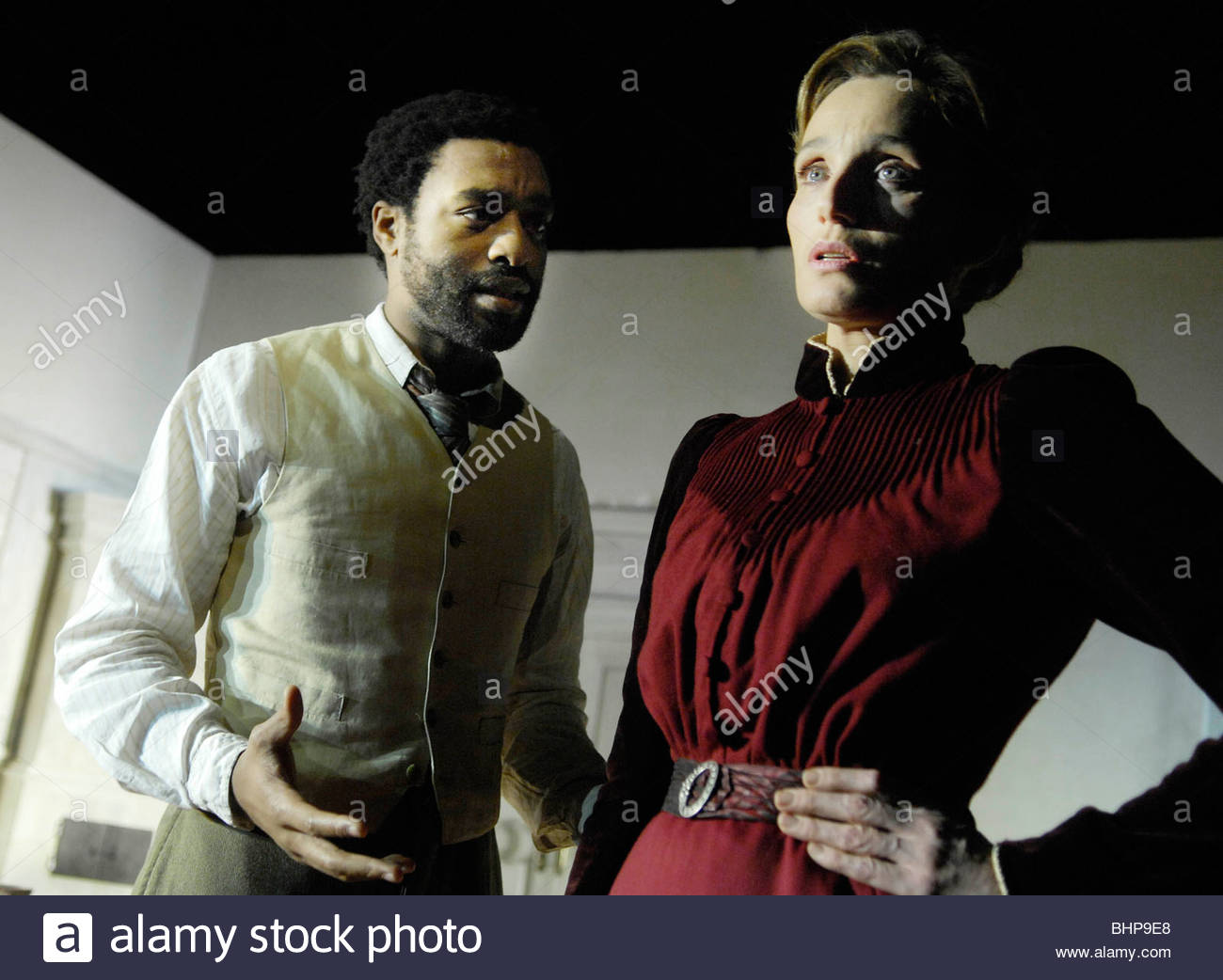
These are dubious distinctions when it comes to making a contemporary movie, though, since cinema absorbed both innovations long ago. The play is known for introducing a naturalistic form of writing that challenged the melodramatic conventions and cliches of the time, and is often credited with introducing subtext to the theater. It was only when Konstantin Stanislavsky directed it for the Moscow Art Theater in 1898 that the play was hailed as a masterpiece and Chekhov, previously a noted short story writer and doctor, was launched on the playwriting career that would yield “Uncle Vanya,” “Three Sisters” and “The Cherry Orchard.” The audience booed, one actress froze in fright, and critics savaged it. “The Seagull” was a famous disaster when it was first performed in 1896. In fact, it can diminish it, substituting un-resonant literalism for poetic suggestion.

"A mesmerizing, unforgettable experience" – britishtheatre.Giving us a well-appointed country house and a real lake adds nothing to the work, in my view. Chekhov's characters are in the process of creating their lives or watching them fall apart, which, according to Butusov, may be a closely related activity. With the shuffling of actors' roles, you begin to sense something of a quadraphonic portrait of the creative personality, which demonstrates that greatness is precariously close to mediocrity while suggesting that the opposite is also true. This is not only a performance about the theatre, it is an anthology of the theatre that devours its children like monsters.

Yury Butusov's frenetic production abounds in an incredible freedom and openness, delving deep into the throes of artistic creation and the anguish of the artist who struggles to find a language of his own.

Stage Russia HD (Satirikon Theatre): Anton Chekhov’s first of four major plays dramatizes the romantic and artistic conflicts between its four main characters: Boris Trigorin, a well-known writer, the ingenue Nina, the fading actress Irina Arkadina, and her son the would-be playwright Konstantin Tréplev. Satirikon Arkady Raikin Russian State Theatre


 0 kommentar(er)
0 kommentar(er)
